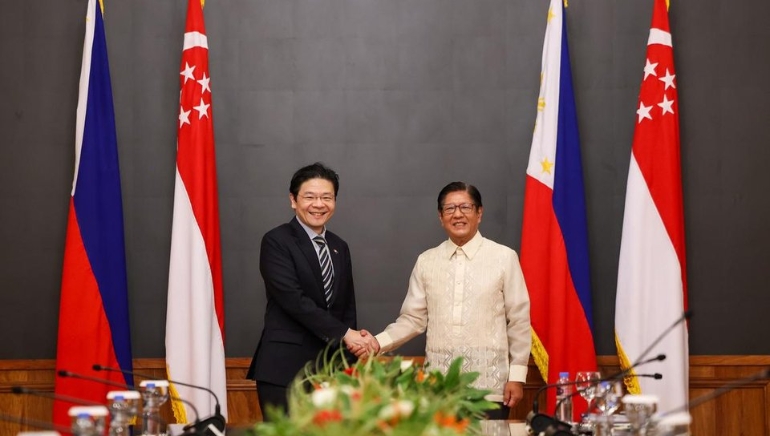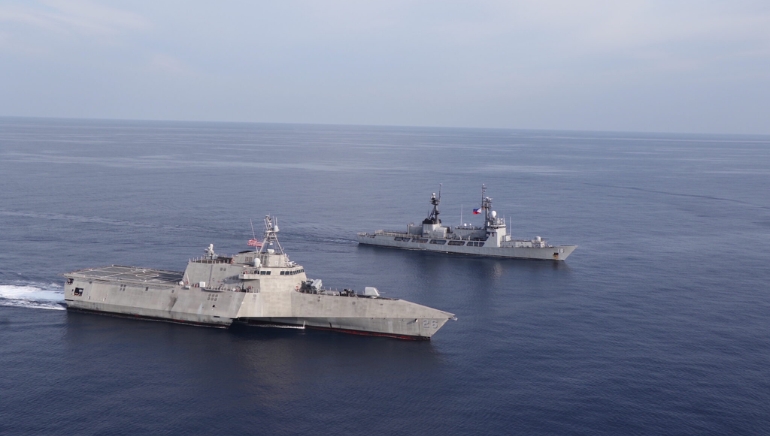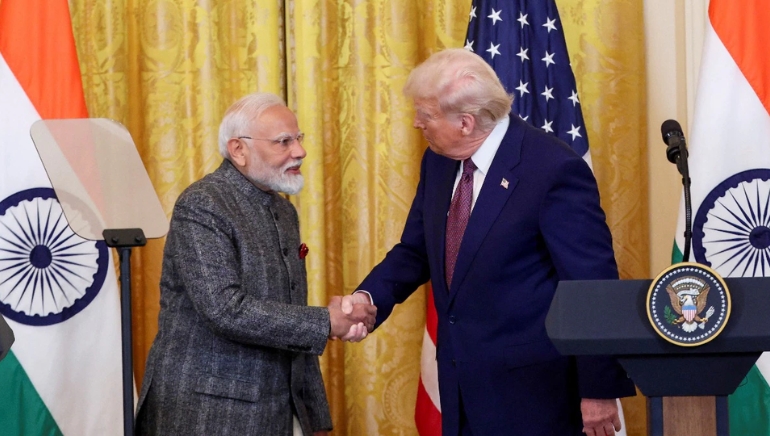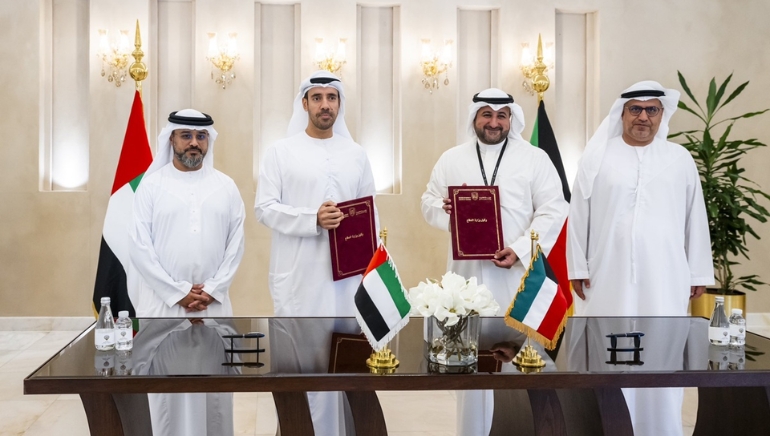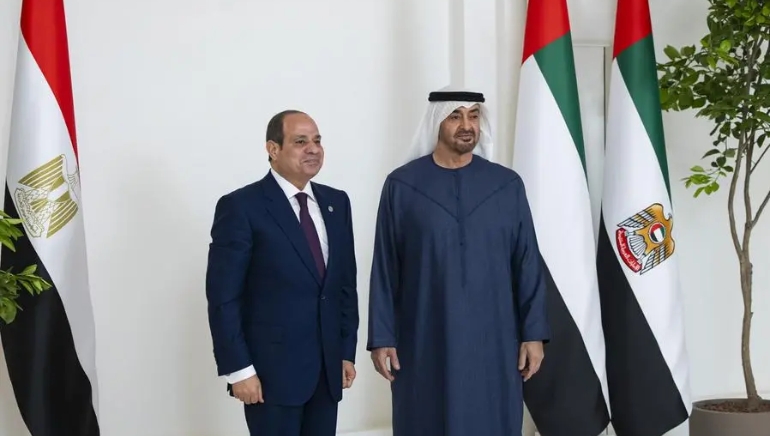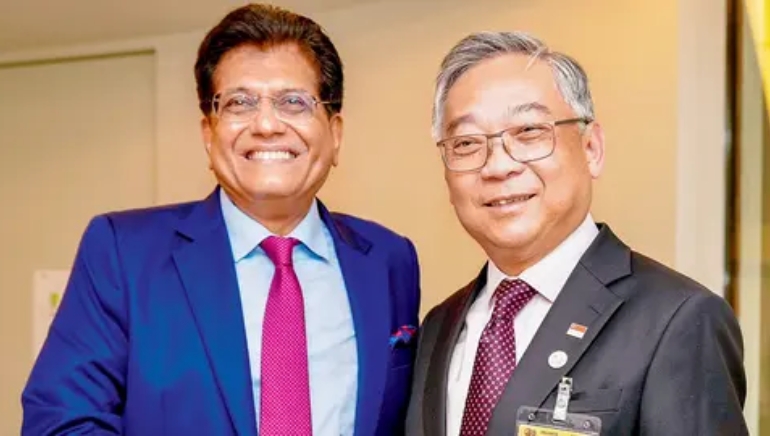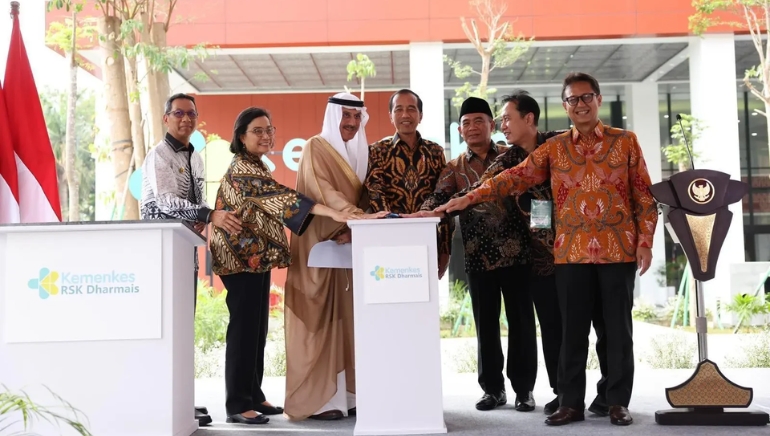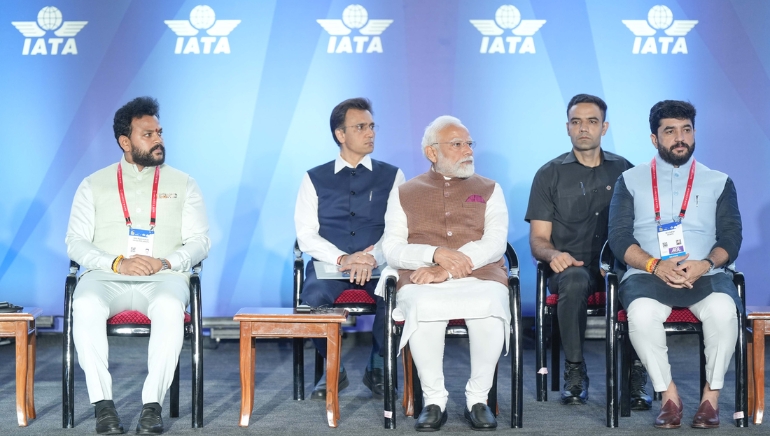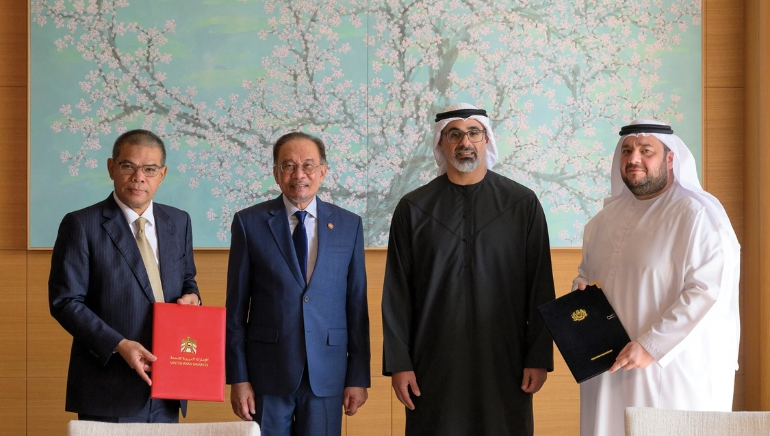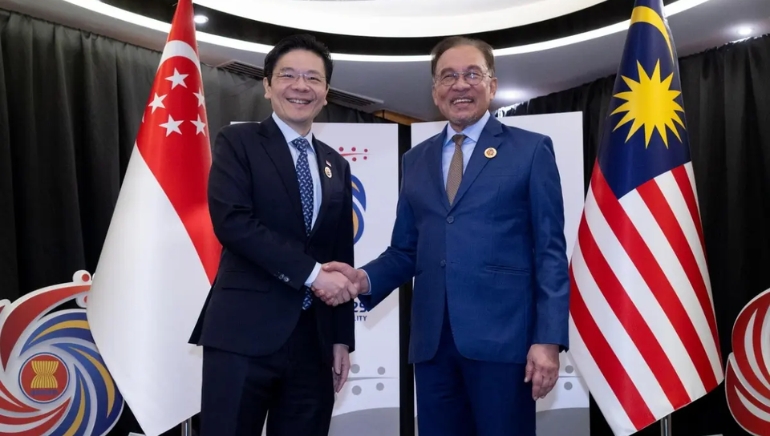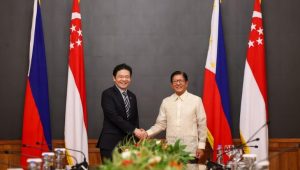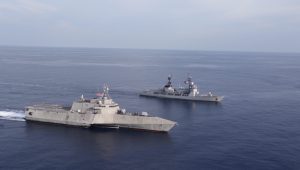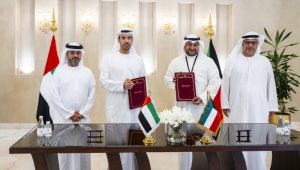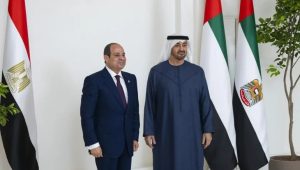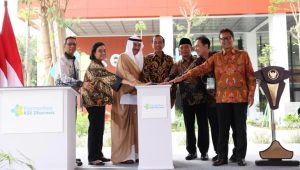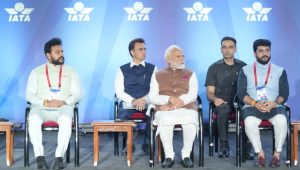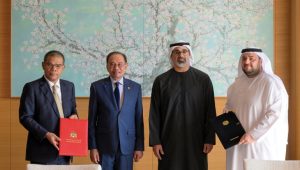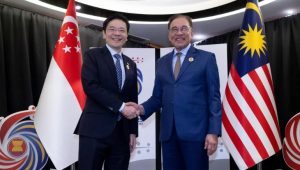Singapore Prime Minister Lawrence Wong paid his first official visit to the Philippines and met with President Ferdinand Marcos Jr. Both leaders indicated strong support for increased regional cooperation on renewable energy. They promised to accelerate development on the ASEAN Power Grid and increase attempts to use carbon markets to drive long-term economic growth.
At a joint news conference, President Marcos appreciated Singapore for its support following last year’s typhoon disasters and reaffirmed both countries’ commitment to climate adaptation actions, although particular measures were not disclosed.
The two nations agreed to create a carbon trading structure under Article 6.2 of the Paris Agreement, which allows for the cross-border transfer of carbon reduction outcomes. Singapore has already signed agreements with Chile, Peru, and three other nations, demonstrating its commitment to developing carbon credit systems.
Following the 2024 Memorandum of Understanding with the Philippines, both parties are now developing implementation plans.
Prime Minister Wong emphasised that the carbon credit plan may promote commercialisation, technology transfer, green investments, and job creation. He emphasised that collaboration on sustainability is still in its early stages, with Singaporean enterprises showing strong interest in wind and solar projects.





